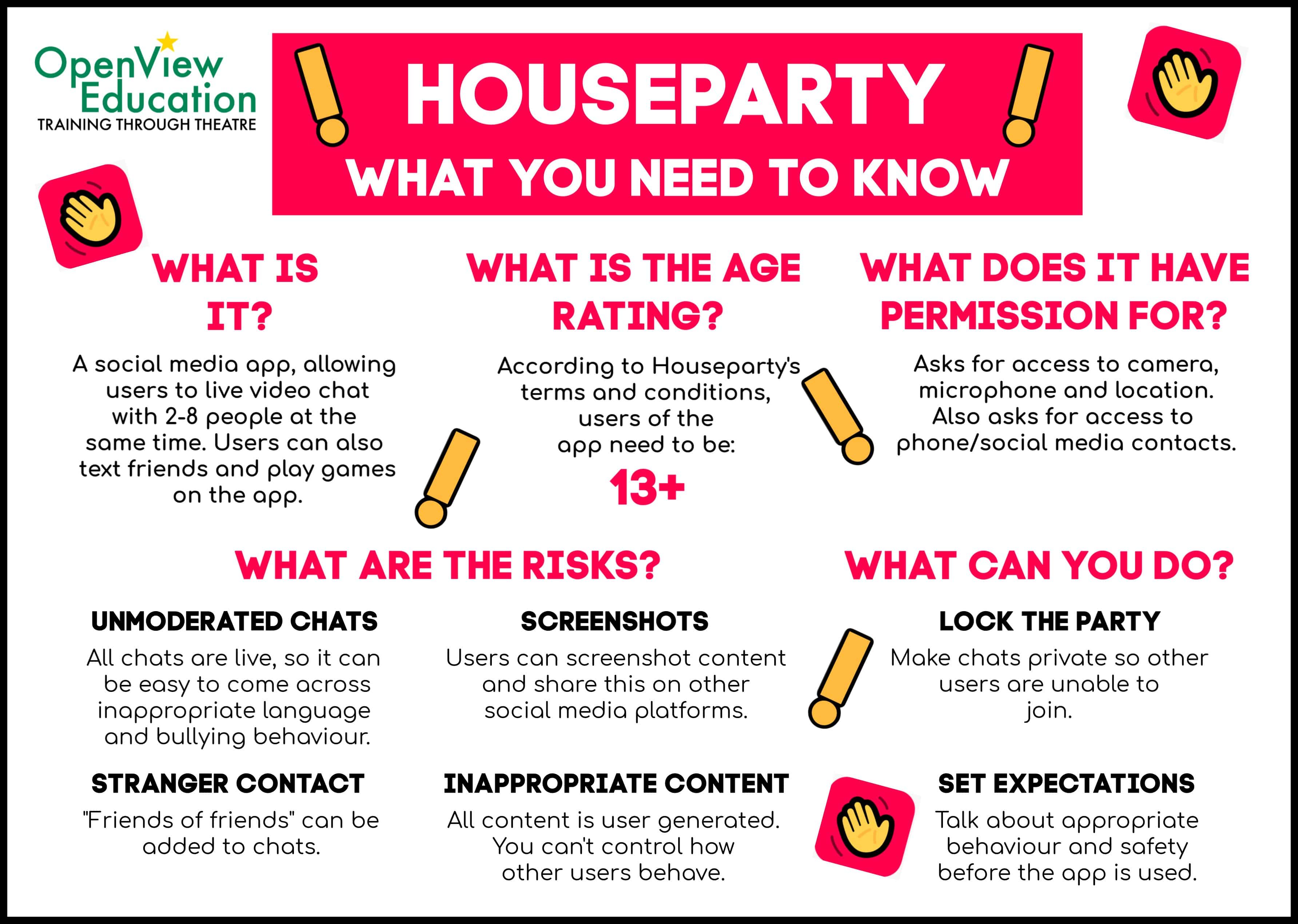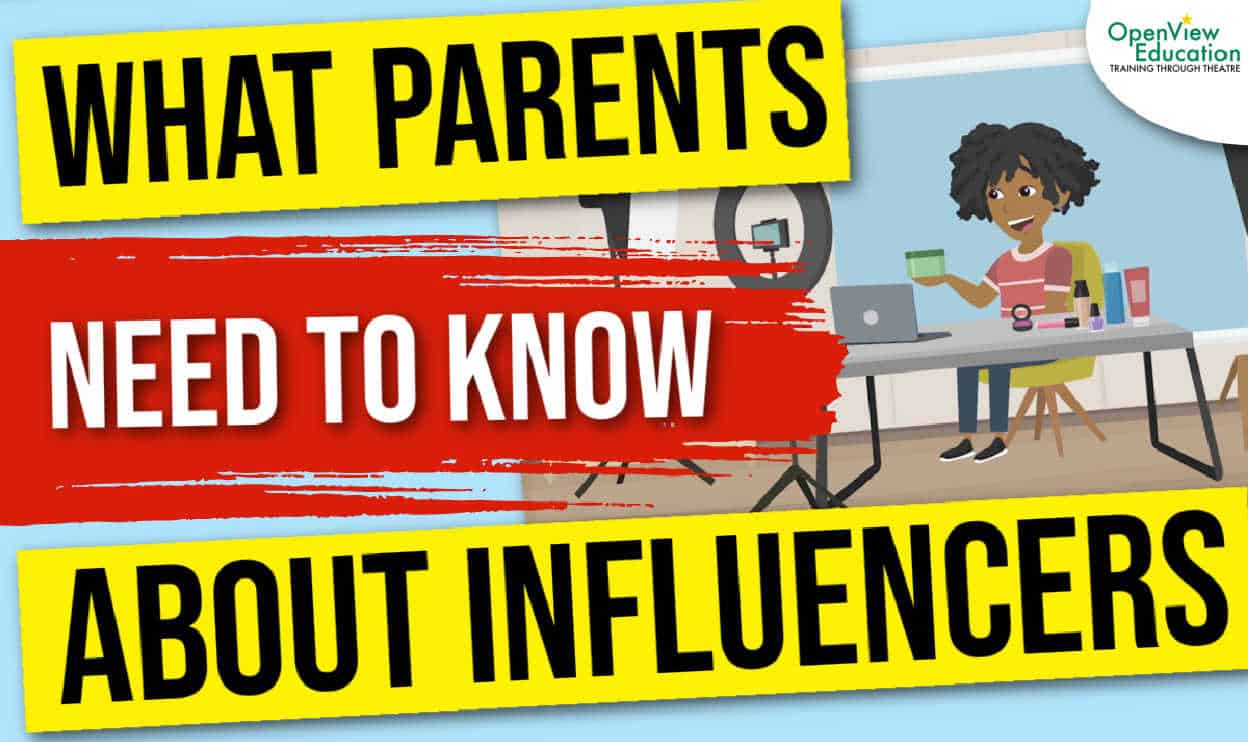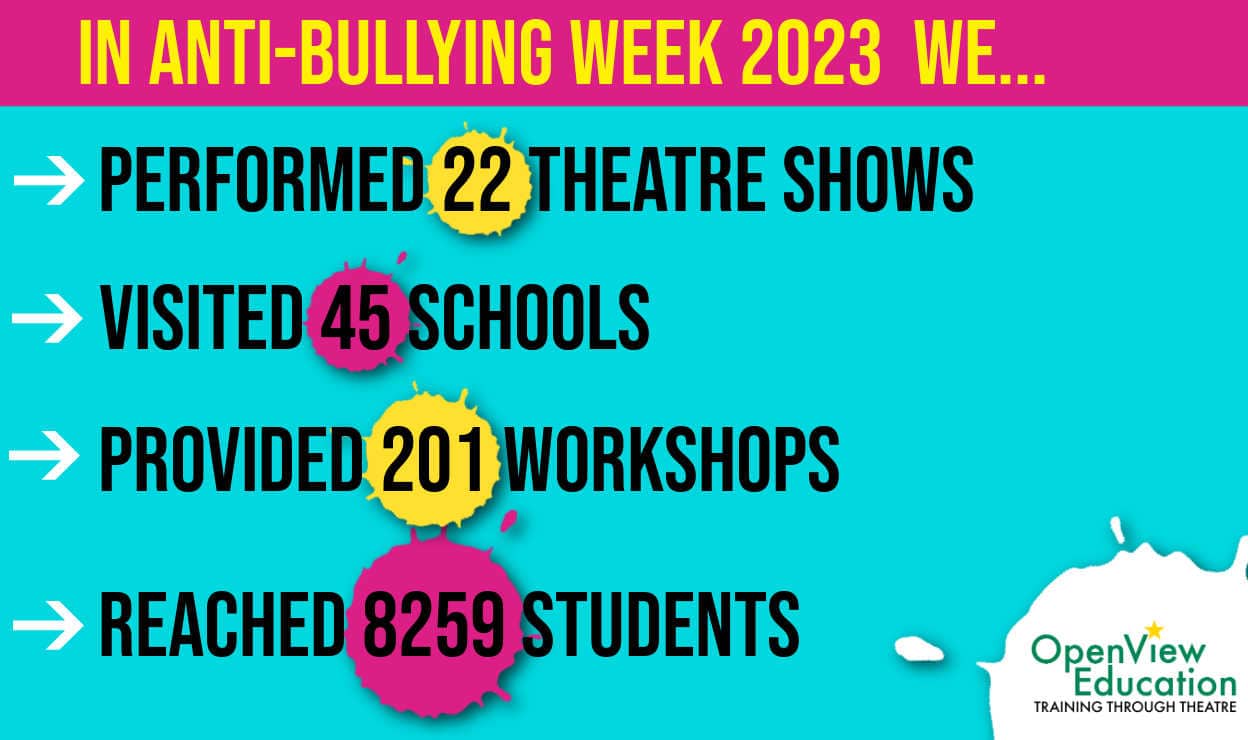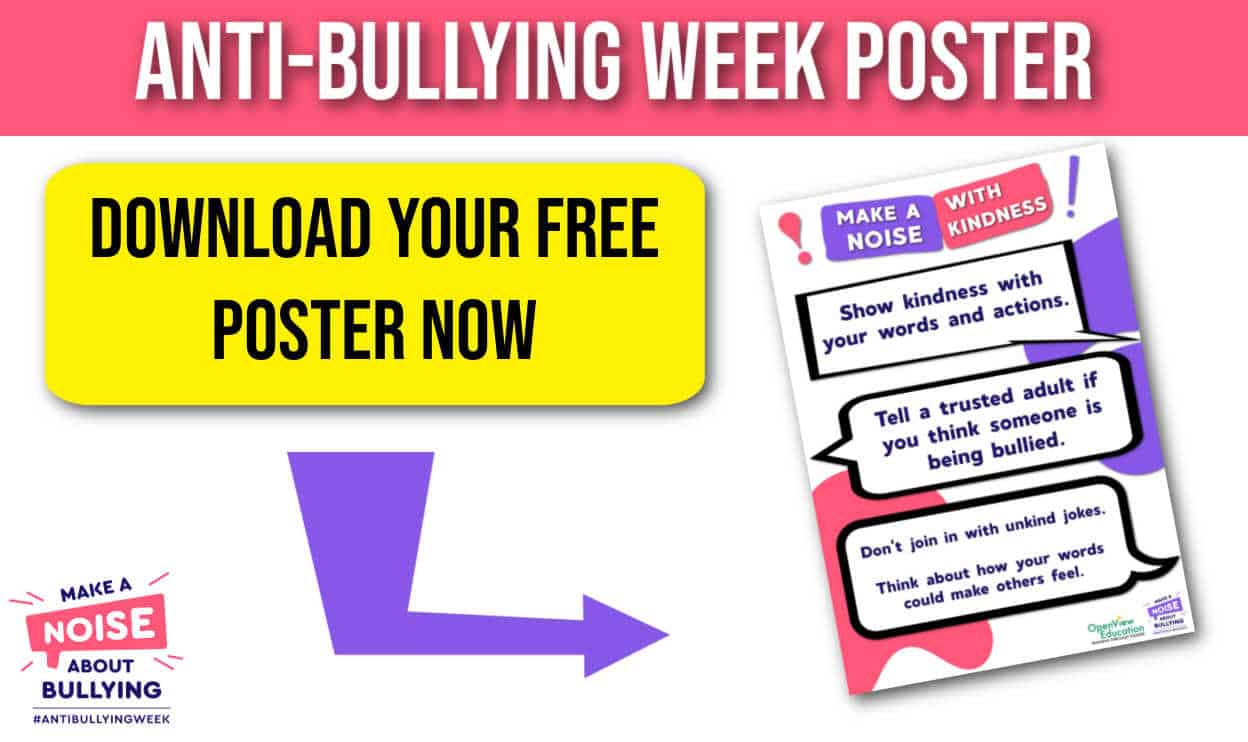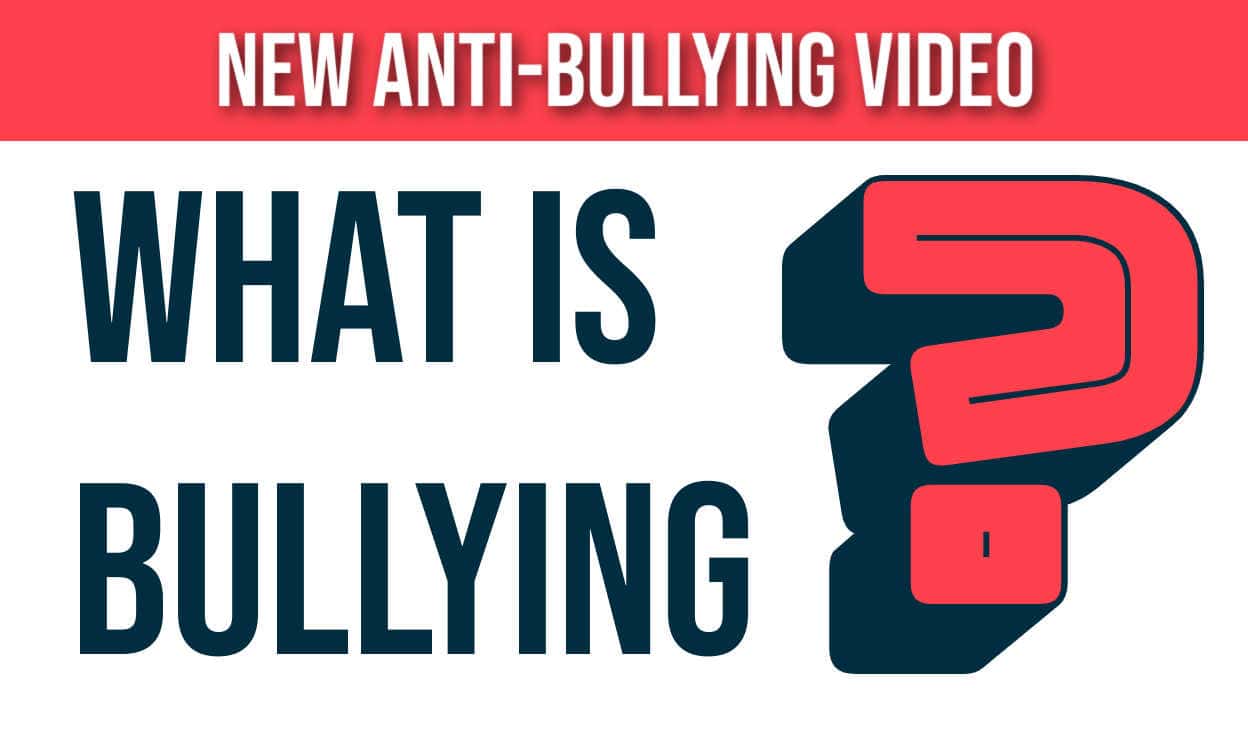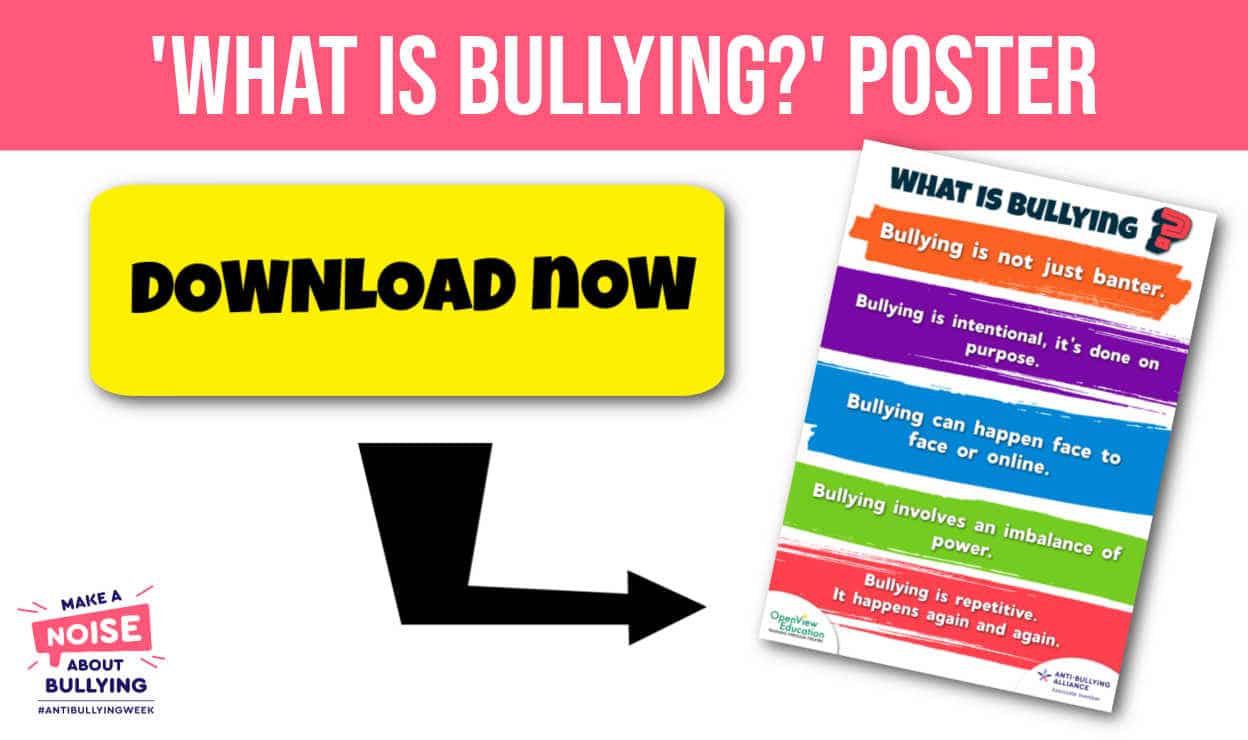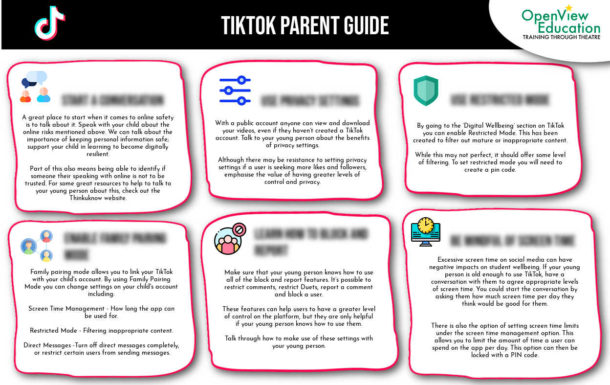With over 2 million downloads in just one week during the coronavirus outbreak, Houseparty is fast becoming the world’s favourite social media app, helping people to stay virtually connected during lockdown. But with privacy and cyberbullying concerns recently coming into light, the app has also come under scrutiny.
But exactly what is Houseparty and is it safe? Here’s what you need to know:
What is Houseparty?
Houseparty is a live video chat app that replicates an in person house party, allowing users to move from ‘room to room’ while chatting with other users. Users can video chat with 2-8 people at any time, they can also send texts and play games on the app. A user receives a notification if one of their friends is on a video chat, they can then join the video chat.
What is Houseparty’s age rating?
According to Houseparty’s terms and conditions, users need to be over the age of 13 to download the Houseparty app. However, at the moment there is not an age verification process in place.
What does the Houseparty app have permission to access?
Houseparty asks for permission to access your camera, microphone and also location.
The app also requests access to your social media/phone contacts by asking for your phone number, this is optional. Once apps gain access to this information, they can send an ‘invitation’ to a user’s contacts, asking them to join the app.
Who owns Houseparty?
Houseparty is owned by the developer of Fortnite: Epic Games.
How does Houseparty work?
A user can video call another user by tapping the phone icon. Each of the user’s contacts will see that they are online, and can join the video chat.
What are the risks of Houseparty?
Stranger contact: It’s easy for a friend of another user to join your chat. Houseparty refers to this as ‘stranger danger’ or ‘party time’. If someone joins the chat and a user does not know them, they will receive a notification, asking them whether they would like to continue with the chat, or leave.
Inappropriate chats and content: The video stream is live, and as the content is entirely user generated, you can’t control what other users do on the video chat, which may mean young people can be exposed to inappropriate or upsetting content.
Cyberbullying: Through our Internet Safety Workshops for schools, we know that on most social media platforms, there is a risk of a user experiencing cyberbullying or unkind behaviour. On Houseparty, users may be left out of a chat that their friends have locked, or join a video conversation where other users are unkind to them.
Screenshots: It is possible for a user to screenshot content and share this via other social media platforms.
Revealing Personal Information: There is a section on a user’s profile that is always public, a young person may inadvertently share personal information in this section.
What do we recommend when using Houseparty?
Lock The Party: By locking in a party, it means that other users cannot join the video chat, this may go some way to reducing stranger contact.
Set Expectations: Discuss appropriate behaviour on Houseparty. This could be:
-
Agreeing to leave a chat if another user you don’t know is added.
-
Being kind on the app.
-
Not sharing personal information on your profile.
-
Behaving appropriately and not sharing inappropriate content.
Talk regularly: One of the key strategies of keeping young people safe online is talking regularly with them about their online experiences in a non-judgemental way. Become familiar with your young person’s online experiences, talk to them consistently and regularly about what they are doing online, tell them they can always come to you and talk to you about anything that worries them.
Check that they know how to block and report: Ensure that they know how to protect themselves from unwanted contact, and report inappropriate behaviour on the platform.
How do I delete Houseparty?
If you do ever want to delete your account, click on your user icon, and access your privacy settings. Click ‘delete your account’, enter your password and then hit delete.
Building up a young person’s digital resilience through effective Internet Safety Training is essential to keeping them safe online. At OpenView Education, we visit over 35,000 students every year to provide effective Anti-Bullying, Internet Safety Training and Mental Health Workshops for schools. Find out how we can help your school and students here.
Don’t forget to:
